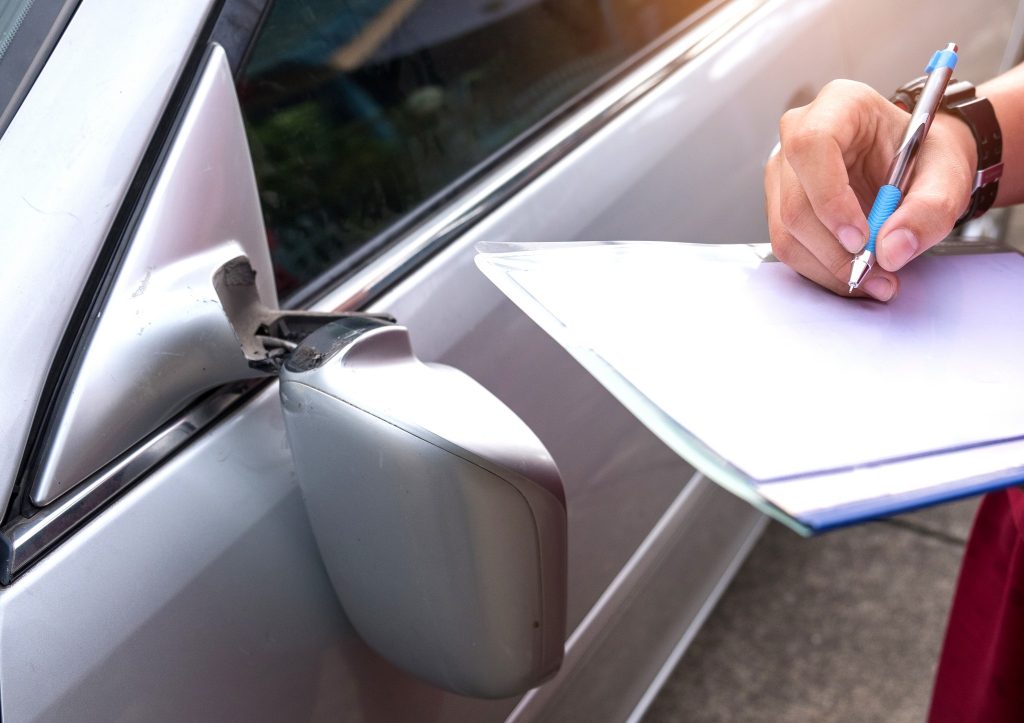Avoid fines of up to 3,000 euros.
On any journey, whether in town or on the road, it may be necessary to show officers the vehicle documents required by law to drive the vehicle, for example, at a police checkpoint or after an accident. It is also required if you are not the owner of the vehicle or if it is a rental vehicle.
There are documents that are always compulsory (driving and circulation licences), another that will depend on the age of the vehicle (Technical Inspection Card) and some that it will be advisable to carry to prove that we are driving safely and in accordance with the law (insurance).
Tyres in good condition, lights in perfect working order, seat belts not damaged… and the car papers always present. One of the most fundamental aspects in a vehicle is to carry all the documentation available. Before setting off on any journey, it is important to make sure that you have the obligatory papers for both the driver and the vehicle. The Dirección General de Tráfico (DGT) reminds you that not carrying them is punishable by fines.
Can you drive in Spain with a foreign licence? The quick answer is yes. You can drive a car in Spain with a foreign licence, although only for a limited period of time, as the validity of a non-Spanish or EU licence is only 6 months from the date of arrival in the country for residents.
Driving licence: This is the driver’s personal document and must always be in force when using any motor vehicle. It must be valid and suitable for the corresponding category (A, B, C, D and E). Failing this, the provisional authorisations issued by the DGT when the definitive licence is obtained, lost or renewed are also valid. Failure to carry it will result in a fine of 10 euros (this can rise to 100 euros, but this is very unusual), while having it with incorrect information, such as the address, will result in a fine of 80 euros. If it is out of date, the fine rises to 200 euros and if you are not authorised to drive, due to a previous serious fine, it is considered a criminal offence with six months’ imprisonment and community service for one to two years.
Registration certificate. . Also known as the vehicle registration certificate or registration certificate, this is the European-wide document that certifies the vehicle’s details (date of registration, characteristics, intended use and the owner’s ownership). Like not having a licence, not having a vehicle registration certificate is punishable by a fine of 10 euros, while having the wrong information is punishable by 80 euros. Driving without a licence or with a withdrawn licence carries a fine of 500 euros.
Since last year, it has been possible to carry both licences (driving and circulation) digitised on your mobile phone, thanks to the free application miDGT, which, in addition to other services, allows you to download them. It should be noted, however, that their recognition is only guaranteed in the case of Guardia Civil officers who report to the DGT; in the case of other law enforcement agencies, such as municipalities, their acceptance will depend on the willingness of the officer.
Compulsory insurance. Although third party insurance is compulsory for any vehicle, since 2008 it is no longer necessary to carry the policy and the receipt of the last payment in force, as the agents can consult this information telematically. However, it is useful to have them in case you need to take any action in the event of an accident. However, driving without insurance or with expired insurance is punishable by fines ranging from 601 euros to 3,005 euros, as well as immobilisation of the vehicle.
MOT. It is exclusive to the vehicle (the owner’s name does not appear) and reflects its homologation characteristics (manufacturer, model, identification number, cylinder capacity, power, emissions, etc.). Also known as the Ficha Técnica, it is compulsory to carry it from the moment the vehicle passes its first inspection (from the age of four years in passenger cars), together with the sticker of the corresponding period of validity attached to the vehicle’s windscreen. With the authorised report and the corresponding sticker, failure to carry the first of these aspects entails a fine of 10 euros. Not having the sticker on the vehicle is more extensive, as the fine is 100 euros, and the officer can check at any time whether the vehicle has passed the inspection or not. Finally, driving with an expired ITV or after having been refused a pass is punishable by 200 euros.
All these documents must be in original format, so we cannot scan them and, obviously, forge them.
If you lose your car papers for any reason, you must go to a police station to report it and avoid the consequences of fraudulent use. After that, you will have to apply for duplicates of the original at the Provincial Traffic Headquarters (Permiso de Circulación) and at the ITV (Tarjeta de Inspección).



